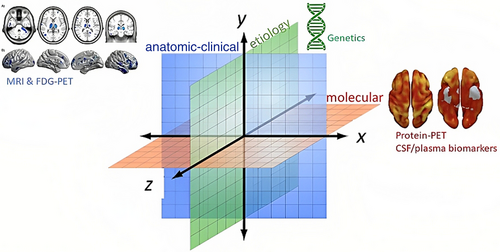Objectives: In Parkinson´s disease, researchers are becoming increasingly
aware of the need to include the assessment of behavioural and
psychological symptoms as important outcome measures in clinical trials.
Beside this, clinicians are starting to recognise the need to identify and
manage these symptoms in addition to the motor ones. Our objective
is to explore the presence of neuropsychiatric symptoms in geriatric
patients with Parkinson and the associated distress in their caregivers.
Methods: 100 patients with PD ageing 75 years old or more (50 PD
without dementia and 50 PD Dementia (PDD) were assessed using the
10-item Neuropsychiatric Inventory-questionnaire (NPI-Q), and the NPI
Caregiver Distress Scale (NPI-D).
Results: The mean total NPI score was 12.9. At least one neuropsychiatric
symptom was present in more than 80% of participants. Within
PDD patients about 89% suffered at least one NPI symptom, 70%
suffered at least 2 symptoms and one of those symptoms had an intensity
scoring 4 of higher in more than 50%. Numbers in PD patients
without dementia were significantly lower, though more than 50% of
patients had at least 2 symptoms. The most frequent symptom was
depression, followed by apathy, anxiety, depression and hallucinations.
Antiparkinsonian agents can exacerbate psychotic symptoms. Nearly
60% of caregivers reported suffering a moderate to severe level of
stress due to these symptoms. Symptoms causing more stress were
agitation/aggression followed by hallucinations and irritability/lability.
Conclusions: Neuropsychiatric symptoms are frequent in geriatric patients
with PD –specially in patients with PDD– and lead to moderate
to severe caregiver distress.
Reference: Tania Álvarez-Avellón, Óscar Arias-Carrión, Manuel Menéndez. Neuropsychiatric symptoms and associated caregiver stress in geriatric patients with Parkinson’s disease. Neurology and Neuroscience 2015;1:5 (Full text)

